Who Gets Honored?
Are those who die in our wars more deserving than those who die in our stores?
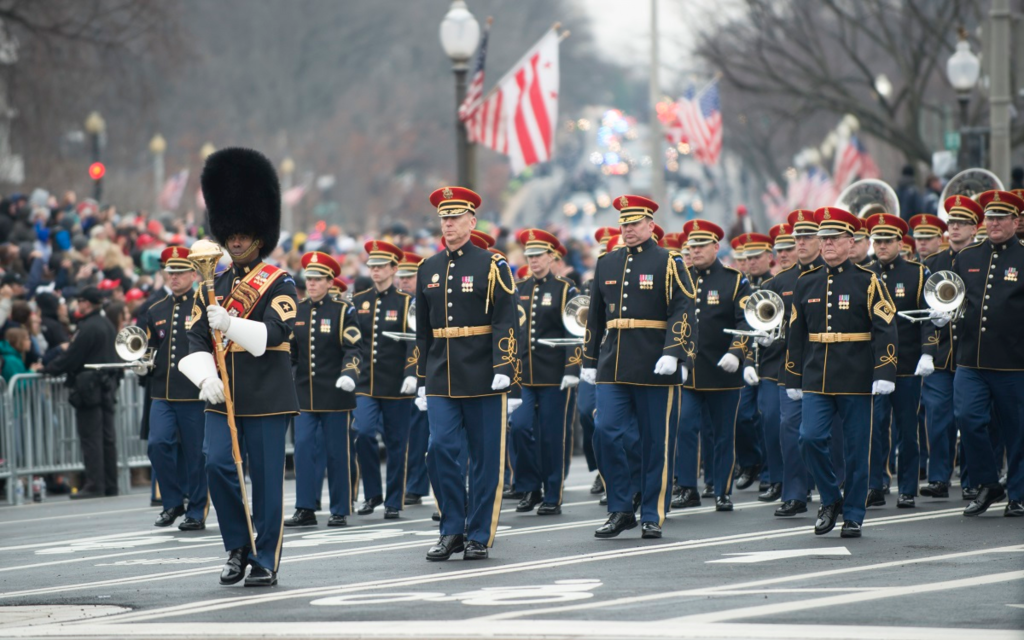
The confluence this year of Memorial Day, set aside after the Civil War to honor those who died in America’s wars, and commemorations of the 100,000 Americans who have died from COVID-19 naturally sparks the question of whose sacrifices we should honor as a nation.
Memorializing those who gave the ultimate sacrifice in battle seems natural. Virtually every society does so.
But military personnel aren’t the only ones who risk their lives in the service of the community. The 9/11 attacks highlighted, at a national level, the heroism of the police officers, firefighters, and emergency medical technicians who rushed into the Twin Towers to save others, at the cost of 412 dead among their ranks.
Not every hero wears a cape or even a uniform.
While we have long appreciated the contribution doctors, nurses, and other medical professionals make to our society, COVID-19 has reminded us that they, too, often risk their lives to keep us safe. We don’t have reliable data on how many of them have died from the disease, but it’s certainly in the dozens and quite probably higher than that. “Thousands” had become infected and 27 confirmed dead in a small sample of the overall cases studied by the CDC—and that was a month ago, when the overall toll was much lower.
The pandemic has also awakened us to the risks taken by ordinary Americans, including those who seemed invisible and who barely earn enough to make ends meet. While many people with jobs they thought were important drawing their paychecks working safely from home over Zoom, hundreds of thousands of grocery store stockers, meat packers, childcare providers, delivery drivers, and the like have been declared “essential” and been ordered to risk infection so that others can continue to eat and live some semblance of a normal life. Again, we don’t have reliable estimates but the toll has doubtless been high. The anecdotal evidence in New York City alone is shocking.
I’ve long believed that, while we were right as a society to shift from demonizing those who fight in our wars at the tail end of the Vietnam War to lauding them by the 1980s, the pendulum has swung too far. In a piece for The American Conservative in 2011, I argued,
That most people don’t share in the sacrifice of war is no different from the fact that most of us don’t share in the sacrifice of fighting fires, rounding up criminals, slaughtering and processing meat, mining coal, or any number of other dirty, dangerous jobs that need doing.
People choose careers for any number of reasons. Some want to serve their community. Others crave adventure or the admiration of others. Sometimes they manage to make their livings doing what they’re good at and truly enjoy. Sometimes they hate their jobs but lack better alternatives. Often, it’s a combination of factors.
The military is no different. People join for a whole host of reasons. And they stay around after their initial obligation for a variety of factors, too. Are they doing a dirty, dangerous job? Yes indeed. But even in the midst of two wars today, the proportion of work-related fatal injuries is actually higher among fishermen, and loggers and timber workers have comparable rates.
Ah, but while fishermen and loggers are doing ordinary jobs, our troops are fighting for our freedom! Alas, that cliché is untrue in any meaningful sense. Regardless of one’s views on the value of the fights in Iraq and Afghanistan, it’s absurd to argue that Americans’ liberty is somehow in the balance in either place.
We naturally place a hierarchy on heroism and virtue.
A soldier or Marine who dies jumping on a hand grenade to save his comrades is likely to receive the Medal of Honor and lauded as a hero. An airmen killed in a missile attack will receive a Purple Heart and be buried with full military honors but nonetheless viewed differently.
Similarly, the first responders who died in the Twin Towers are honored as heroes while the office workers who perished inside are mourned as victims.
Doctors and nurses who treat infected patients, often without adequate personal protective equipment, are being honored globally for their sacrifice. The meatpackers, Amazon delivery drivers, and those who stock the shelves and man the registers at our big box stores, are still mostly viewed as collateral damage.
Is the whole notion of heroism and hierarchy problematic here?
Note: I’m trying to think through these issues in hopes of generating a longer, more polished essay for publication elsewhere.

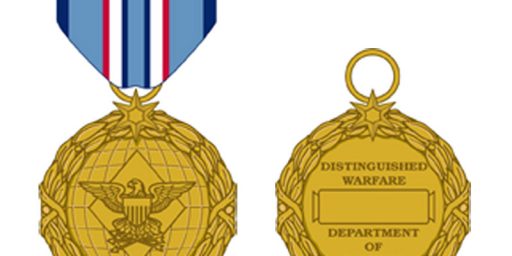
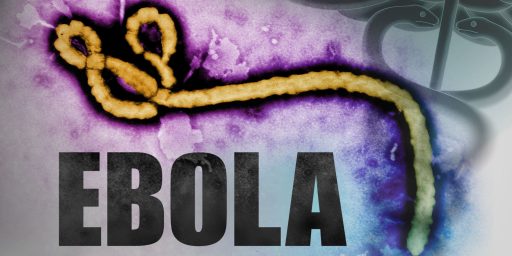
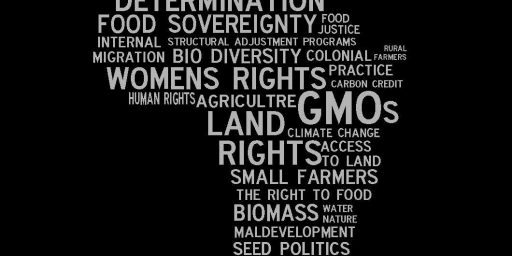
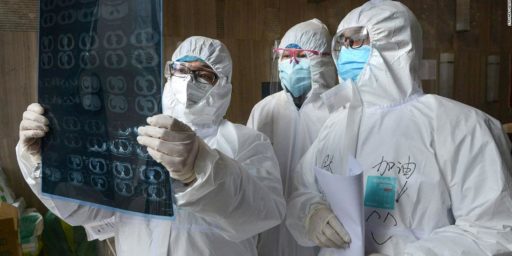
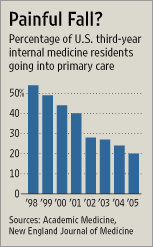
[Thumbs Up]
I fear you’re right. I give Trump credit for not starting any new wars, so far. Even if I think it’s more laziness than intent. But in swinging the pendulum too far, we do make it easier to start wars.
And kudos for noting in 2011 that meat processing was so dangerous. It underlines how long we’ve allowed this situation to exist. To deal with it, and many other problems, we need a resurgence of labor unionism.
The word ‘hero’ has lost all meaning. We need to just retire the word for a few years or decades.
I draw a line between the draftee military and the professional military. If you are minding your own business and the government kidnaps you, sends you to boot camp, sends you on to war and you get both your legs blown off, you deserve practical honors – a decent pension, medical care, job training and yes the respect of all who meet you. If you’re that guy and you just want to spend the rest of your life smoking weed on a beach and living off the taxpayer, I for one am happy to have my taxes used for that purpose.
But no one is drafting anyone, we have a fully professional military. I respect them as professionals. I admire their competence. And in some cases these men and women do things that just make you shake your head in astonishment at how brave they are. But that’s the life they chose, that’s what they trained for, good for them, glad we have them, but I don’t feel the need to bow down before every uniform.
We just insist on turning everything up to eleven. It’s not enough to recognize that delivery people and grocery clerks and nurses are all doing work we need them to do and serving a useful function in society. No, they all have to be heroes. Soon it’ll be easier just to list the people who aren’t heroes.
@Michael Reynolds:..Soon it’ll be easier just to list the people who aren’t heroes..
Number 1 on that list is President Bone Spurs.
@Mister Bluster:
Just this morning he was raving on Twitter that the Radical Left Lamestream Media is denying him credit for all he’s done.
@Michael Reynolds:
Decades ago, Florence King wrote an essay in which she talked about the fact that everyone is a hero now, such as “the retarded housewife with cancer of the feet” who runs a marathon.
We’ve been lionizing people for doing their jobs for quite a while now. We used to just pay them.
I’m sure CEOs, boards of directors, and stockholders appreciate all that lionizing if it means squeezing out a few more pennies in profit rather than actually paying living wages to those people…
Thank you, James, for raising this question. I agree with @Michael Reynolds that it’s time to give the word a rest. It has become meaningless, and at worst, a flight from public responsibility for putting young men and women in harm’s way.
First, the meaningless part. There are too many ways in which the term has expanded to cover people who aren’t being heroic, in any sense that’s a guide to honoring true heroism, to list here. Suffice it to say that the term is so broad that the currency of real heroism is debased.
Given the high tooth-to-tail ratio in modern militaries, everyone isn’t a hero, just for showing up for work as an IT person, a drone operator, or a tank mechanic. Even if you’re in the tooth part of the military, that doesn’t mean that you will behave heroically, when in the circumstances when heroism is called for. Nor does the possibility that you might behave heroically make you ipso facto a hero.
Second, the flight from responsibility. A lot of people have talked about that question, particularly in the backlash against the “thank you for your service” meme of the last 19 years. Don’t thank service people for their service. To use some Vietnam-era lingo, if they’re going to be in the shit, make sure that they’re there for a good reason. Support them in doing the mission well while they’re in the shit. Get them out of the shit as soon as possible. Support them after they’ve been in the shit. Know something about the shit yourself. And most of all, don’t use a few words of faux support as a cheap gimmick to make you look good.
@CSK:
Words are cheaper.
@Kathy:
Sure, but it’s not simply employers who are calling their employees heroes to get out of paying them. Everyone’s doing it now. Example: All police officers are heroes. No, they’re not, although some of them have behaved heroically. And the days when cops were underpaid have long since gone by: In addition to a good salary, they get 100% medical and dental, educational benefits, and very generous retirement. Policing can be tough and dangerous, I know–I consulted to law enforcement, so I ought to know–but as Michael said of soldiers, they sign up to do it.
There’s a photo of a parade at the top of this thread; that’s the cheapest and easiest way to “honor” the military, and it has historical heft behind it. But I would suggest that when we hold parades we’re really honoring ourselves. “Look how much we love our soldier boys! Smooch – smooch – smooch! Ooh, we’re so wonderful for honoring them sooo much! Makes up for the lack of mental health support and the lack of empathy for vets living on the streets. Hey we can’t do everything here!”
My late uncle was a veteran of Vietnam and loathed the parades and the “Thank you for your service” comments sent his way by people who knew nothing about war (and cared less). He used to respond: “You want to thank me? Great – take this” (he’d whip out a business card with the name and contact info of a reputable charity that helped veterans) “and make a donation of at least $1,000 to this group. Then I’ll know you’re really thankful.”
He said the responses could be quite funny, and only four times in over 25 years did someone say, after a long pause, something like “Yes, you’re right. I will. Not sure I can afford that much but I’ll make it big.” He said he was prepared to give those guys the benefit of the doubt, but everyone else could go “Rambo themselves with a rusty bayonet”.
I miss the big lug.
@Kingdaddy:
That’s essentially the conclusion of the above-linked 2011 piece I wrote for TAC.
As a 20 year Air Force retiree, I get a lot of “thank you for your service” comments. Down right embarrassing. No, I was never in combat; I was in service during a pretty quiet time (1980-2000) and was primarily in the weapon system business (which I still am). We really have gone overboard with the hero worship and the showering of accolades (and benefits) which are not targeted to those who truly deserve it. 25% of veterans have a service related disability. But since 9/11, 41% received have a service-related disability. BTW. Service related does not mean combat related. It can mean bad backs and knees and other aging issues as long as it happened on active duty.
I compare this to the WWII generation which my Dad served (in combat). Maybe it was because most served and therefore no one was special, but there was very little hero worship there.
“A soldier or marine who dies jumping on a hand grenade to save his comrades is likely to receive the Medal of Honor and be lauded as a hero.” As you say. There are those of us who recall Mr Max Cleland of Georgia and his treatment at the hands of Mr Rove who predated Mr Trump by quite a bit in that R-party.
But bygones….
Best suggestion I’ve heard for honoring the fallen of this pandemic is from LawyersGunsMoneyBlog-dot-com. One of the principals there made reference to the fact that Arlington Cemetery is land confiscated from the Robert E Lee plantation after he committed treason. The suggestion is that we confiscate one of Donald Trump’s properties for the purpose.
@JohnMcC:
Why not? I like the idea. And Trump ought to approve. He just loves eminent domain.
@JohnMcC: Max Cleland certainly received bad treatment from Ann Coulter and others but his horrific wounds were the result of an accident, not heroic actions. I wrote about it way back in 2004.
Having been both a physician who went through Covid (still going) and in the military, enlisted and officer, I can see that there were risks in both professions, but it certainly feels like the military probably deserves more special recognition. Especially with the large wars we had lots of people die fast. With an infectious disease you think that if you follow protocols you are probably going to be OK, even if the work is miserable. Charging across the trenches in WWI against machine gun fire you knew lots of people were going to die even if you did everything just right.
I dont like ceremonies and would just as soon people leave me alone and not make a fuss over anything, but if we must honor anyone then I am OK with it being our military.
Steve
Two of these are unlike the others.
There is no reason that the meat processing industry has to be dangerous, other than cost. The animals are not particularly vicious or unpredictable, especially once they are dead.
Coal mining is moderately inherently more dangerous, as mountains have different weaknesses, etc., but a lot can be done to make that safer as well.
Calling the death and maiming in these industries a sacrifice is true, but only in the “Aztecs sacrificed people” sort of way.
At the time Memorial Day was established, the vast majority of the fallen had not died in battle. Most of them did not die as a result of battle, either. They died of disease. So, the difference is not even as great as it appears at first glance.
@Scott:
I did 20 in the Air Force as well, and I don’t like being told “thank you for your service.” The regular paychecks, great training, frequent travel to cool places, college degrees, and pension are more than thanks enough. While I had one of the rare Air Force jobs that actually sees combat, and I technically did take part in a couple of battles, my combat experience is minimal. I certainly didn’t do anything remotely heroic.
I feel like saying “do you want to thank me? Vote for people who don’t want to waste the lives of those serving now. They’re the ones who matter, not an old-ass retiree like me.” Or maybe do like @Not the IT Dept.‘s uncle and hand out cards with a veteran’s charity’s contact info and tell them to put some walk into their talk.
@James Joyner: Check.
I found the idolatry of our military post 9/11 extremely disturbing.
@DrDaveT:
Yup. Hell, a significant number of those who died in Desert Storm were in vehicle and helicopter crashes having no relation to enemy fire, IEDs, or the like.
Rather than calling them “heroes”, how about we get out of places like Afghanistan and stop meddling in the affairs of ever 2-bit tinpot dictator around the world? And pay them more?
As it is, all this “heroing” looks to be nothing more as a cover-up to convince people to throw themselves into a never-ending mess without complaint.